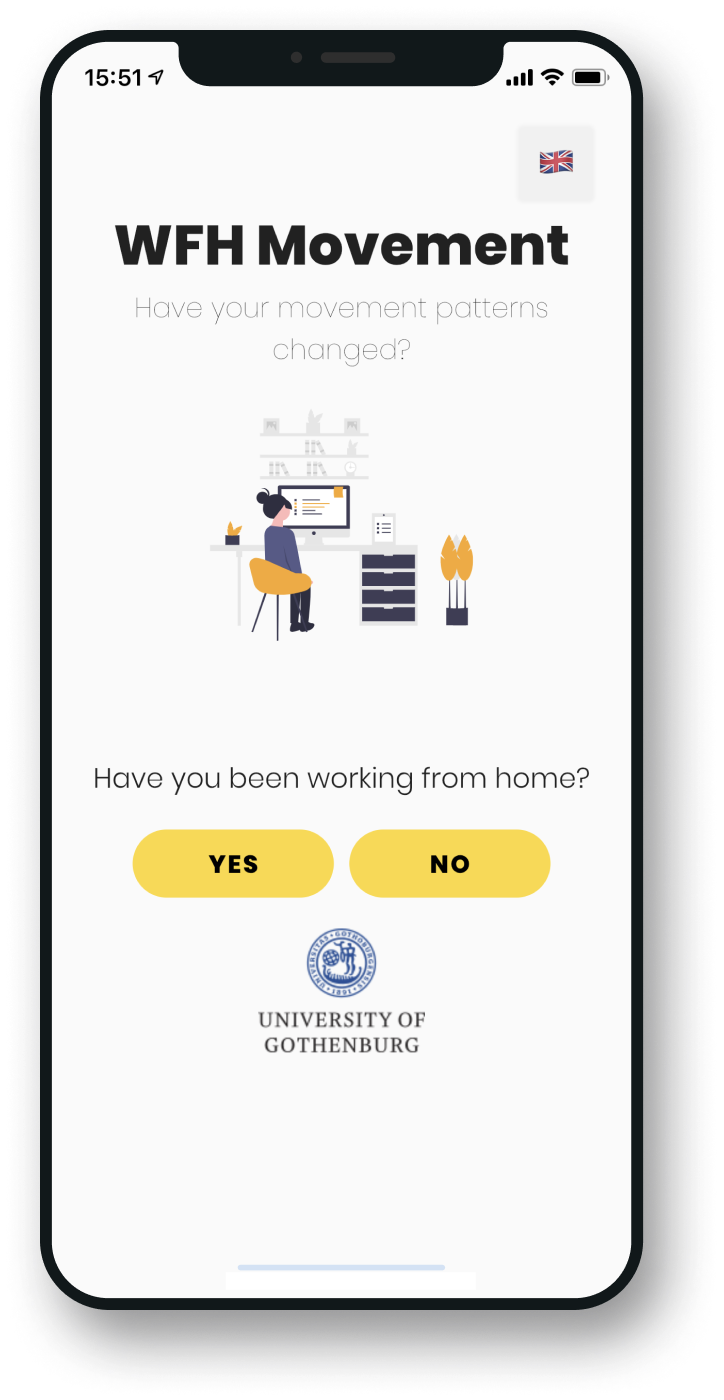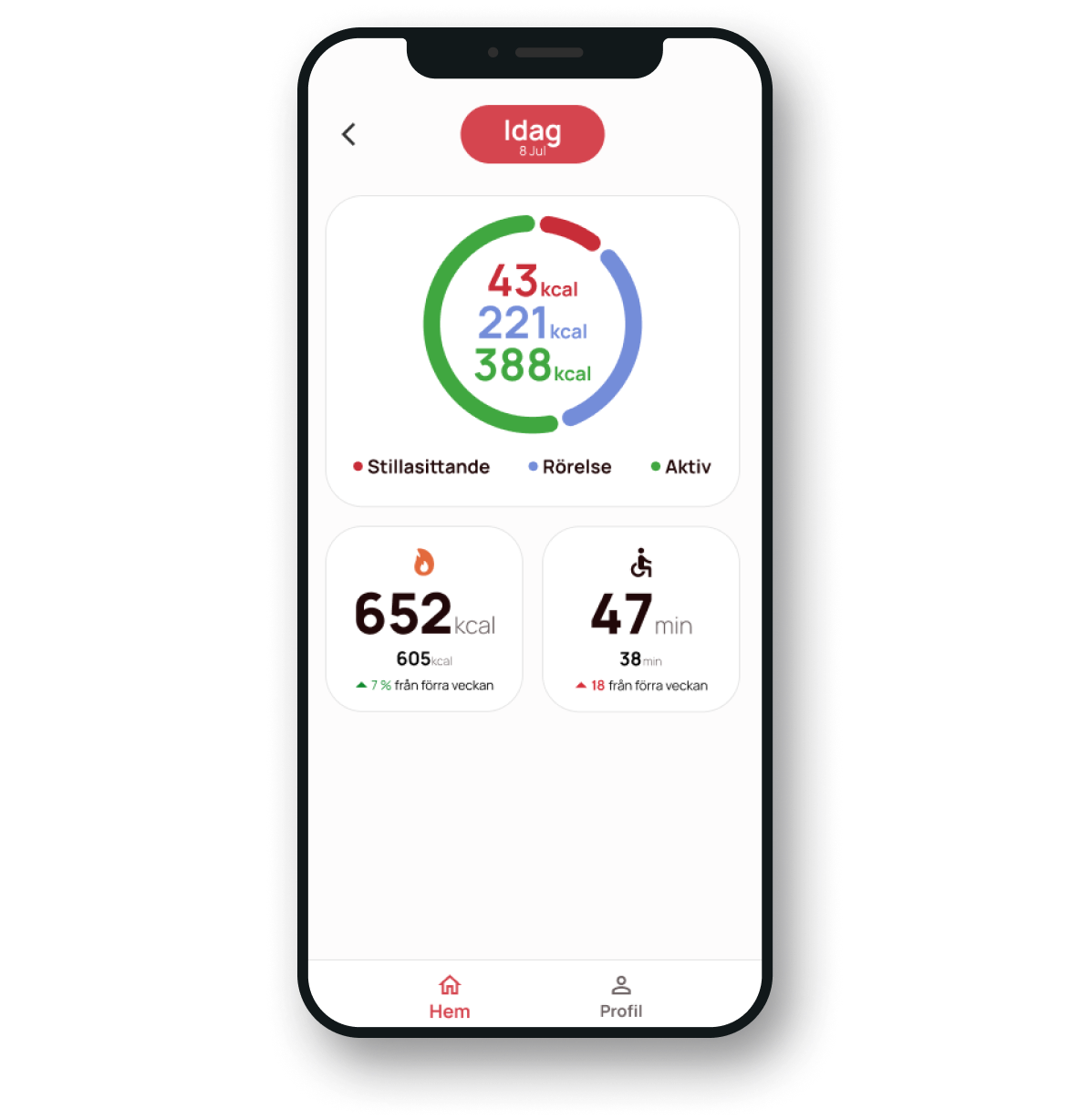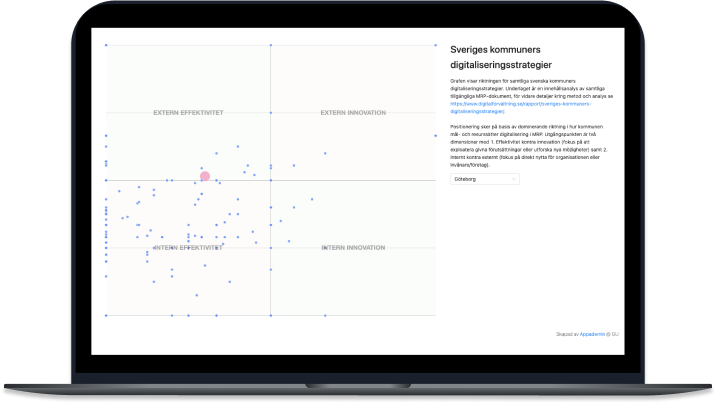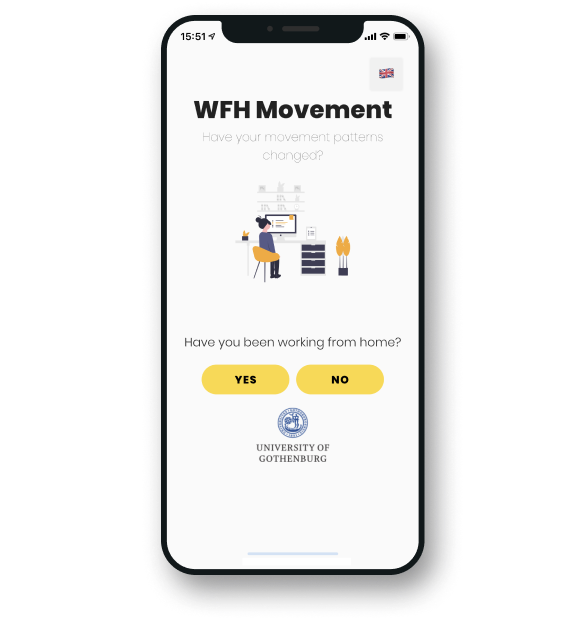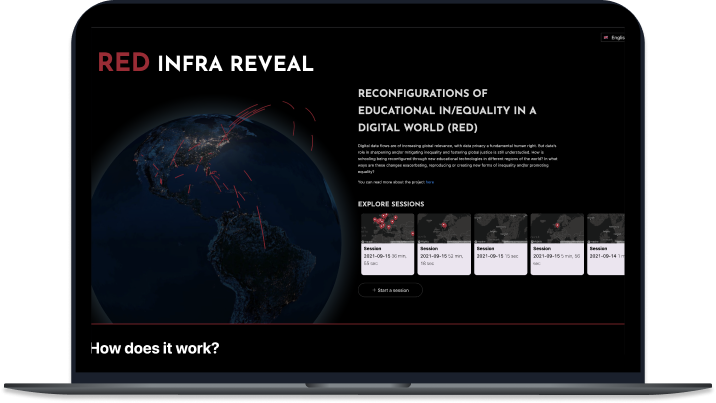Appademin
Appademin wants to help researchers at GU with technology development in general and app development in particular. The department for human computer interaction has extensive experience in designing and building various digital services, such as mobile applications and tools for data collection and data analysis. Appademin wants to make that competence available to others, to enable the use of technology among researchers at GU. We live in a world that is becoming increasingly digital, and with the help of Appademin, researchers without experience of developing digital services can use the power of digitalization.
How does it work?
The first meeting is free
We start small
Using an agile process
We launch an app
Our process
Contact us for an initial meeting on how we can help you! We can partly assist with advice on technical development or what digital solutions and opportunities exist for a research project or activity. In the initial meeting, we discuss whether you want to proceed with a feasibility study and perhaps start planning for development.
An initial meeting is free.
Sometimes you want to get an idea of what would be possible. During pre-study work, we spend the first 16 hours working with you to produce a very first sketch of a digital solution. For example, it could be a sketch of a mobile application, or a first version of a website.
After a first meeting, and a possible feasibility study, we can help develop the digital solution that is needed. We always work agile, and always with short iterations. This means that you will be involved by continuously having insight into what is coming out, in order to be able to participate and steer so that it will be as you intended. Although we are also researchers, we are not domain experts. But it's you. It is therefore important that you yourself are active during the development.
"What happens when you're done?" With digital tools, you usually do not finish. The digital product is a living product that needs maintenance. The development does not really stop, but research projects are often of such a nature that a digital tool is developed before a study starts. So what happens when the study starts? Then we can help ensure that the data comes in properly, that the tool does not stop working. But we can also help process the data so that it can be used for analysis.
If you have a project idea and need someone who can build something, we can also be involved as a project partner. Having a partner with research experience benefits the whole project, as there is rarely a straight path between idea and system - in the same way that it is seldom a straight path research idea and completed study.
Selected projects
Who are we?
I am a Marie Skłodowska Curie alumnus, currently working as a senior lecturer at the University of Gothenburg for more info visit https://vasilikimylo.com/
Background
Design technology for motivating people with chronic conditions to live a healthy life (behavior change).
Participatory design with People with MS for a fatigue management app and Spinal Cord Injury for calory burn and condition-specific tracking.
Interpretation and integration of behavior change theories into designs for technology.
Sebastian Andreasson has worked as a research engineer at the University of Gothenburg for the past four years, bringing a background as an IT consultant and developer. Previously, he co-founded a tech startup focused on a livestreaming app and has experience releasing several apps across various platforms. With extensive expertise in digital systems, he now dedicates his efforts to developing and optimizing technical solutions for human-computer interaction within research projects, where he combines practical innovation with in-depth technical knowledge.
Mattias Rost is an associate professor in Interaction design, and head of division of CLIC - Cognitive science, Learning and IT, Interaction design, and Communication. He has got a PhD from Stockholm University in Human Computer Interaction after conducting research at the Mobile Life Centre. He was previously a research associate at the University of Glasgow, and a digital strategist at the IT consultancy firm Iteam. He has a long industry and academic career. His research interests consists of mobile communication, mobile interaction, digital wellbeing and health, mindfulness, and processes for research design and development.
I am a Lecturer in Interaction Design interested in understanding & modelling behaviour as well as supporting people through the use of technology. To that end, I research & develop artefacts that are digital and/or physical and utilize AI or CI techniques and interaction design.
I build and work with social robotics, games and games technology, apps and art(efacts).
I am always keen to work in the intersection of Arts, Technology and Science exploring what novel design spaces can unfold.
Alexandra Weilenmann is a Professor of Interaction Design at the Department of Applied IT, where she leads the HCI Collegium and serves as Program Manager for the Master’s Program in Human-Centered AI. She conducts interdisciplinary research on the social impact of digital technologies, focusing on how they shape social interactions and daily life. With 25 years of expertise in Human-Computer Interaction and mobile communication, her work has garnered international awards and extensive media coverage, bridging academia, policy, and practice to address pressing societal challenges.
Background
Researchers from different disciplines often turn to us with ideas about different digital elements in their research projects. Driven by the development of society and the central role of the app in much of our everyday IT use, it has become increasingly common for researchers to want to include an app in their research in some way. We get questions from researchers who want help building an app as part of a project, but also questions about whether there are already ready-made solutions to use instead. Without knowledge of how to actually design, code and implement digital solutions, it is very difficult to know how complex or simple it is to build different things. The seemingly simple question "how much is an app?" can therefore be very complex and require a whole host of follow-up questions. Without knowing more about it, however, it is almost impossible to even know what the follow-up questions are - follow-up questions that are also the ones that can answer whether it is possible to build what you want.
Developing apps in a research context does not have to be the same as building an app by following specifications. When developing an app, a number of trade-offs are made along the way. These sometimes have an impact on the research where the app will be used. It is therefore important that the design process takes place in consultation with the researchers who have insight into the project. To know when this occurs, however, experience of working with that type of development is required. This is something we have extensive experience of at the division of human-computer interaction.
We therefore offer our expertise in app development and other related issues to be a support for researchers from other disciplines to be able to take advantage of opportunities offered by being able to build new applications and services.
